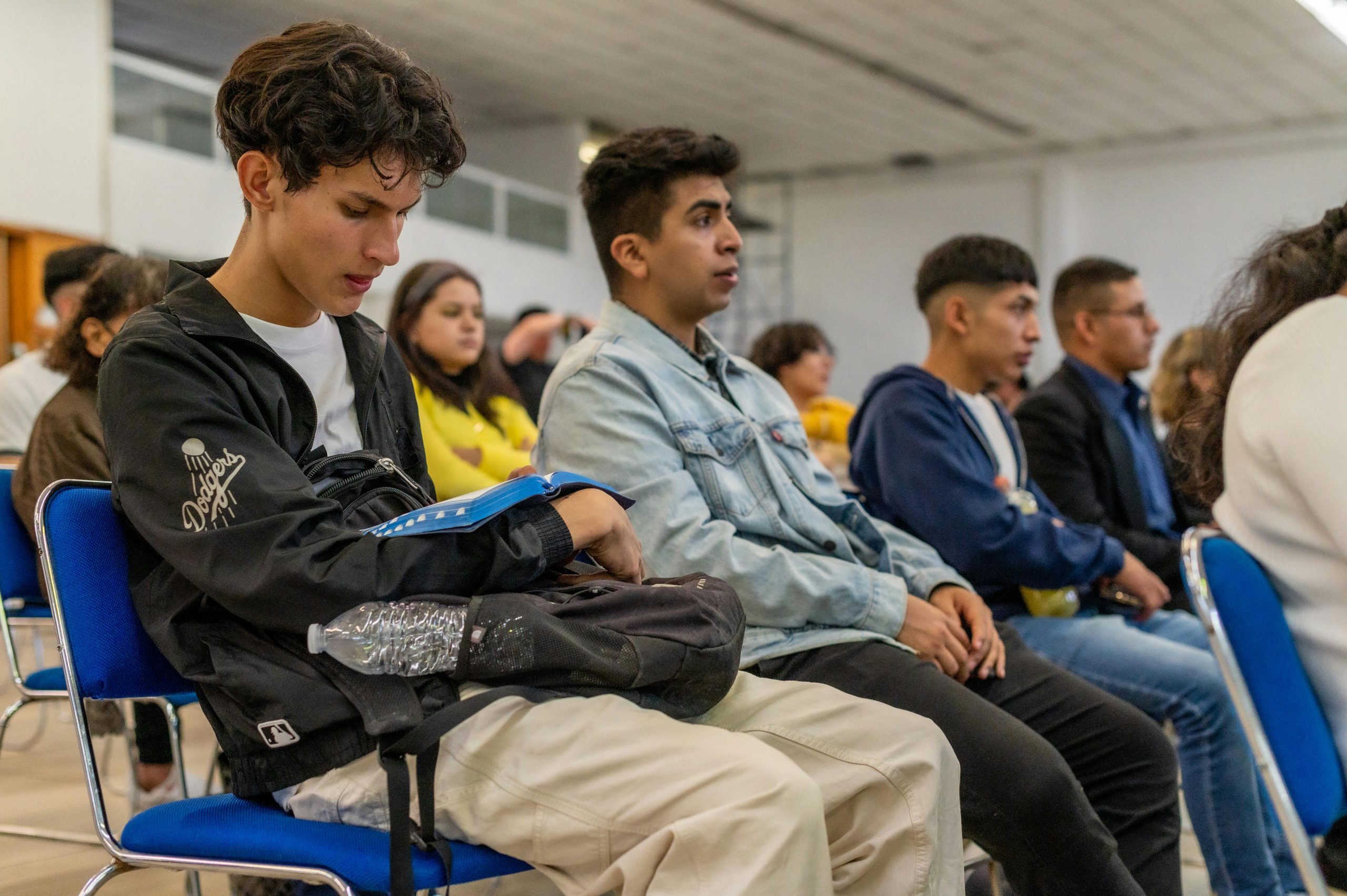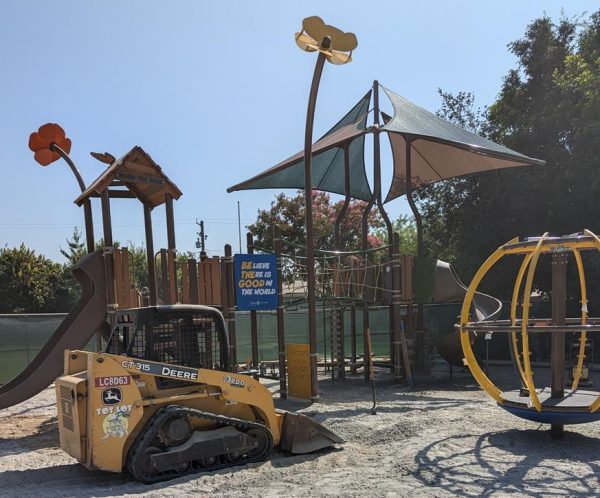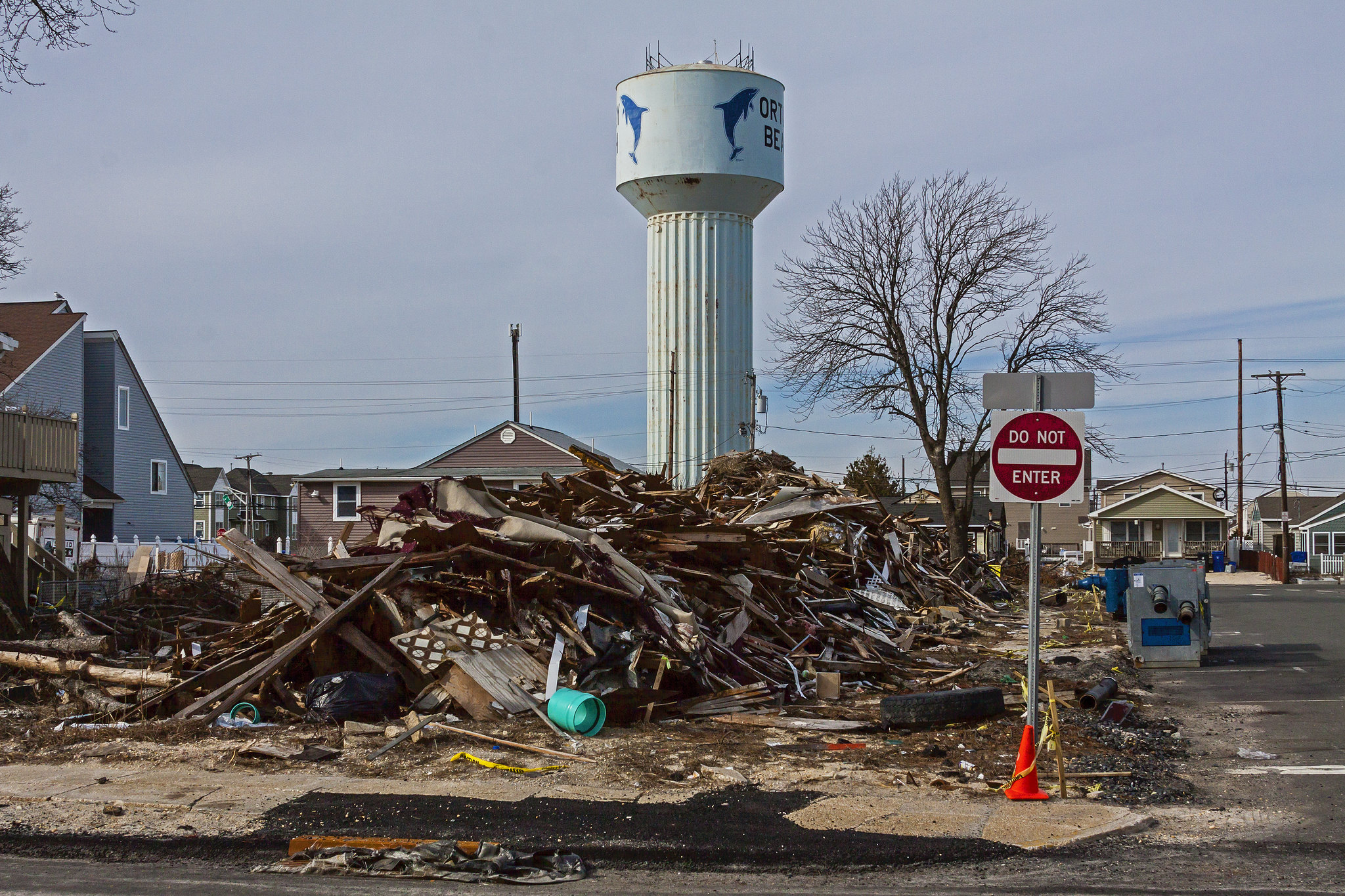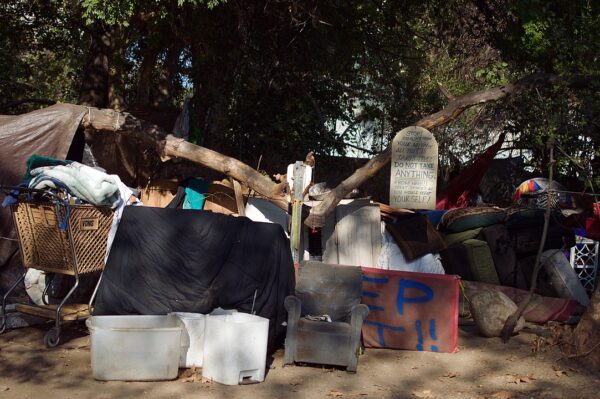By Suzanne Potter, Producer, Public News Service
Latinos make up 40% of California’s population and more than 56% of K-12 public school students.
However, Latino high school graduation rates are low, prompting a national effort to encourage parental involvement. The Parent Institute for Quality Education is a nonprofit focused on social justice and equity-based approaches, empowering families to advocate for their children’s success in education.
Elizabeth Cabrera, vice president of program and impact for the organization, said forging a strong bond between parents and the school is key.
“Data show that if families are involved, the chances of students graduating from high school going off to college are greater,” Cabrera reported. “It needs to be a priority and we need to create action plans around it to make it happen. And it’s not a ‘nice to have,’ it’s a must-have to really be able to support the student all around.”
As of 2020, 66% of Latinos in California had a high school diploma, compared with 95% of white residents. High school graduation rates and enrollment in higher education among Latino students have improved in recent years.
Cabrera pointed out her group leads workshops for parents around the state.
“We directly work with districts and school leaders to have us come into their schools, work with their families, to train them and teach them about everything from what the education system looks like,” Cabrera outlined. “What’s at the state level, at the county level, at the local level, and what can you do to get involved and ask the right questions. Also, things like better understanding the different assessments.”
The U.S. Department of Education has awarded the group a $5 million grant to establish a statewide Family Engagement Center.
Support for this reporting was provided by Lumina Foundation.







